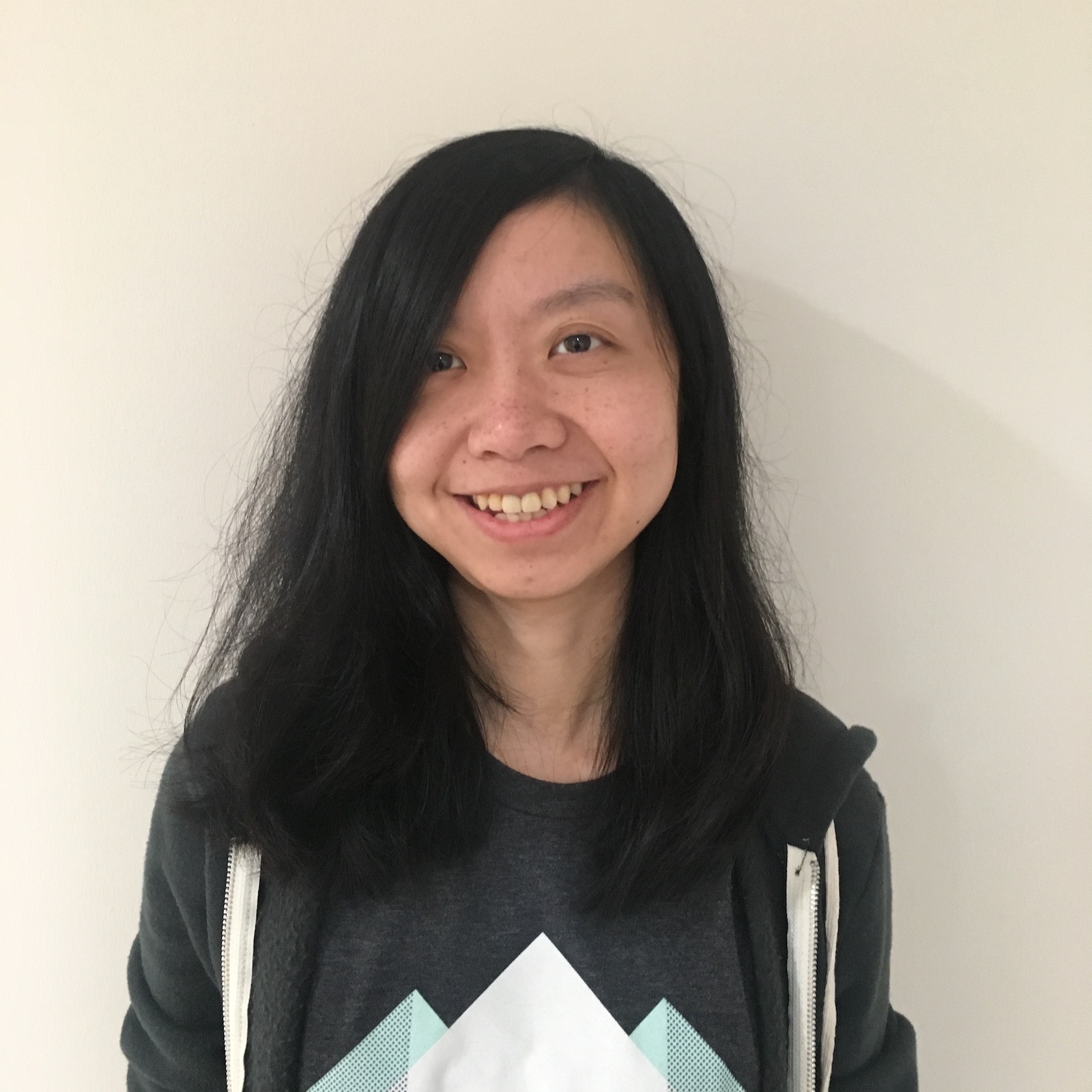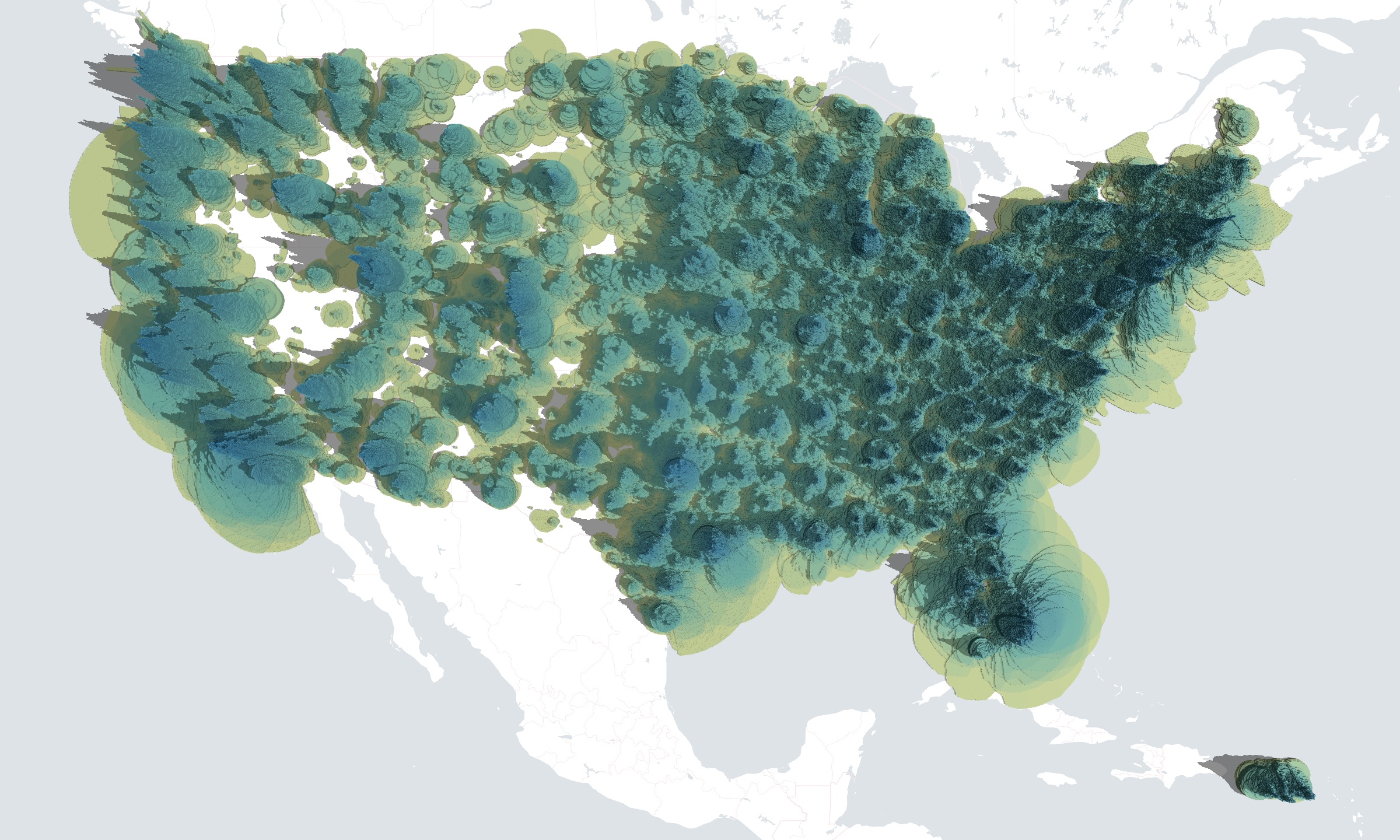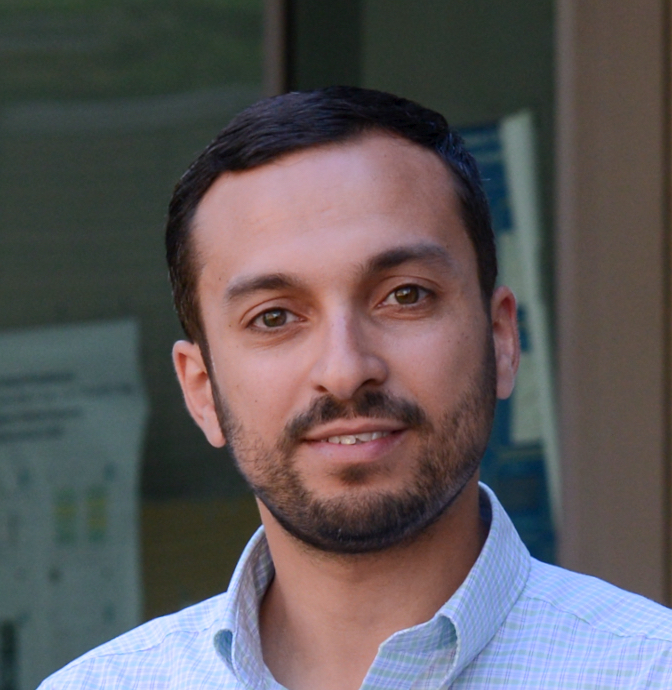 About
About
The 4th ACM SIGSPATIAL International Workshop on APIs and Libraries for Geospatial Data Science (SpatialAPI 2022) is to provide students and researchers with hands-on experience with useful APIs and libraries related to geospatial data science, spanning from spatial big data management to advanced analytics enabled by machine learning, optimization, and more. At the same time, it gives an opportunity for API providers to reach out to targeted audiences who can benefit from their APIs. The API providers will be able to get direct feedback for their users to understand how to further improve their APIs and make them more user-friendly. The tutorials will be done in a classroom-style setting where the audience will bring their laptops to follow the directions of the presenter.
Organization Committee
Program Chairs
| Yiqun Xie (University of Maryland) |
| Jia Yu (Washington State University, Apache Software Foundation) |
Program Committee
| Peter Baumann (Jacobs University Bremen) | Ahmed Eldawy (University of California, Riverside) |
| Amr Magdy (University of California, Riverside) | Janet Reyes (University of California, Riverside) |
| Ibrahim Sabek (Massachusetts Institute of Technology) | Martin Werner (Technical University of Munich) |
Invited Tutorial
-

Xiaoji Chen
WebGL-Powered Large-Scale Data Visualization with deck.gl
Live coding link: https://bit.ly/spatialapi2022 deck.gl(https://deck.gl) is an MIT-licensed state-of-the-art open-source library for data visualization on the Web. Powered by WebGL, it is specially optimized for large-scale, high-performance, and interactive data applications. It is widely adopted in building web-based solutions for geospatial data analysis, transportation, environmental monitoring, medical imaging, robotics/autonomy, as well as a growing catalog of products and domains. deck.gl is accompanied by a suite of open source projects, known as vis.gl, to work with the most popular base map providers and data formats. Its development is in open governance with a vibrant community, overseen by the OpenJS Foundation (https://openjsf.org) and sponsored by industry leaders including ESRI, Google, Cesium, Foursquare, CARTO, and Microsoft.
Xiaoji is a Principal Software Engineer, Microsoft Research, and leads the technical steering committee of vis.gl, OpenJS Foundation
Access to radio stations in the United States (visualization of AM/FM radio coverage based on FCC registrations) By Xiaoji Chen, 2021

-

Tomal Majumder, Ahmed Eldawy
How to Make Your Results Reproducible with UCR-Star and Spider
UCR-Star is an interactive repository that hosts terabytes of open geospatial data. In addition to the ability to explore and visualize this data, UCR-Star makes it easy to share all or parts of these datasets in many standard formats ensuring that other researchers can get the same exact data mentioned in the paper. Spider is a spatial data generator that generates standardized spatial datasets with full control over the data characteristics which further promotes the reproducibility of results.
Ahmed Eldawy is an Associate Professor in Computer Science at the University of California Riverside. His research interests lie in the broad area of databases with a focus on big data management and spatial data processing. Ahmed is the main inventor of SpatialHadoop, the most comprehensive open source system for big spatial data management. Ahmed has many collaborators in industrial research labs including Microsoft Research and IBM Watson. He was awarded the Quality Metrics Fellowship in 2016, Doctoral Dissertation Fellowship in 2015, and Best Poster Runner-up award in ICDE 2014. His work is supported by the National Science Foundation (NSF) and the US Department of Agriculture (USDA).
Schedule
Please read the preparation steps listed in each tutorial proposal to download or install necessary data and software.
Location
TBA. Seattle, Washington
Call For Tutorials (PDF version)
The workshop is calling for tutorial proposals from the community. Each accepted tutorial will have two 45-minute sessions to conduct their hands-on tutorial. In addition, each presenter will have the opportunity to give a teaser presentation of 5 minutes to attract the audience to attend their tutorial. Interested participants should submit a tutorial proposal in ACM format (https://www.acm.org/publications/proceedings-template). This proposal must be no more than 2 pages and contain the content listed in the PDF version of CFP.
Important Dates
Submission deadline
September 15, 2022 (anywhere on earth) (extended)
Author notification
September 25, 2022 (anywhere on earth)
Camera-ready Due
October 10, 2022
Workshop date
November 1, 2022